Each year, an estimated 5 million roofs are installed in the United States. This large number emphasizes the importance of understanding roof warranties, their coverage, and longevity.
What does a roof warranty cover and how long does it last?
In this article we explore the ins and outs of roof warranties, including the different types of coverages and essential factors that impact their lifespan.
Table of Contents
- Understanding Roof Warranties
- Factors Affecting the Lifespan of Roof Warranties
- When to Ask Your Roofing Contractor About Warranties
- Transferring or Claiming a Roof Warranty
- Roof Warranties Recap
Also see:
Understanding Roof Warranties
Roof warranties vary depending on the manufacturer and roofing contractor. Typically, they can be broken down into two categories:
1. Material Warranties
Material warranties, also known as a manufacturer’s warranty, cover defects in the roofing materials. The manufacturer provides this warranty and protects the homeowner if the roofing materials (such as shingles, underlayment, or metal) are faulty or fail prematurely.
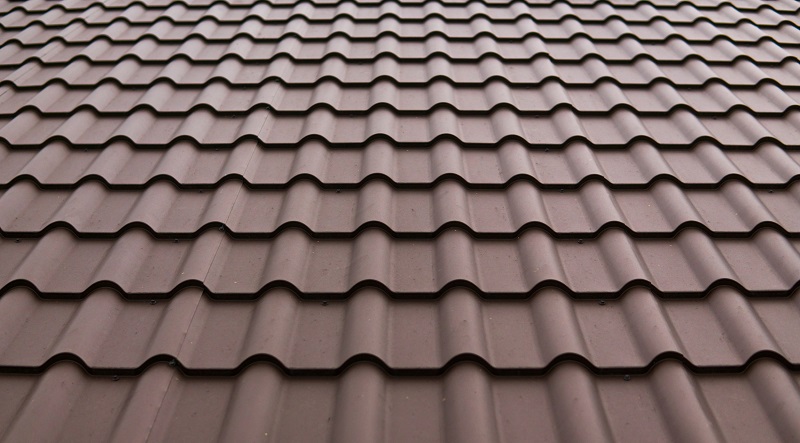
A key factor pertaining to material warranties is to confirm that your roofing contractor is certified by the manufacturer and is authorized to provide the specified warranty. Without proper authorization, your warranty will likely be voided.
2. Workmanship Warranties
The roofing contractor offers workmanship warranties to cover installation-related issues. If your roof is installed incorrectly or problems arise due to the installation process, this warranty protects you and ensures the roofing contractor will repair the issues at no additional cost.

Note, some warranties require regular maintenance and inspections to remain compliant in order to keep the warranty active. These mandatory maintenance and inspection clauses encourage homeowners to take care of their roofs as designed so that they last a long time by not incurring any unnecessary or premature damage.
Also see:
Factors Affecting the Lifespan of Roof Warranties
The lifespan of a roof warranty can vary based on the type, the roofing materials, and installation conditions. Material warranties generally range from 25 to 50 years, while workmanship warranties can last from 2 to 10 years, depending on the contractor.
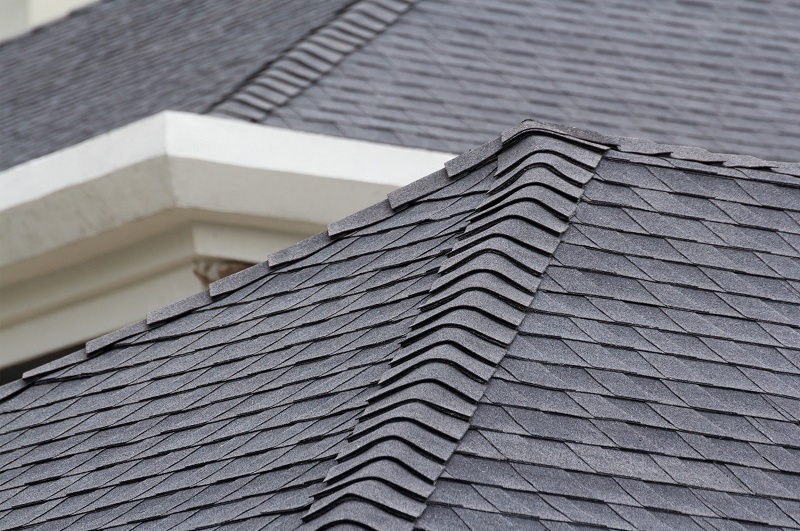
Some manufacturers offer a lifetime warranty for their materials. You should always read the fine print as “lifetime” warranties typically have limitations and terms that you, as the homeowner, must meet.
Additionally, some manufacturers grant enhanced certifications to preferred roofing contractors that can translate into enhanced warranty terms.
When to Ask Your Roofing Contractor About Warranties
As you plan your roof replacement or repair, discuss warranties with your prospective contractor before signing a contract.
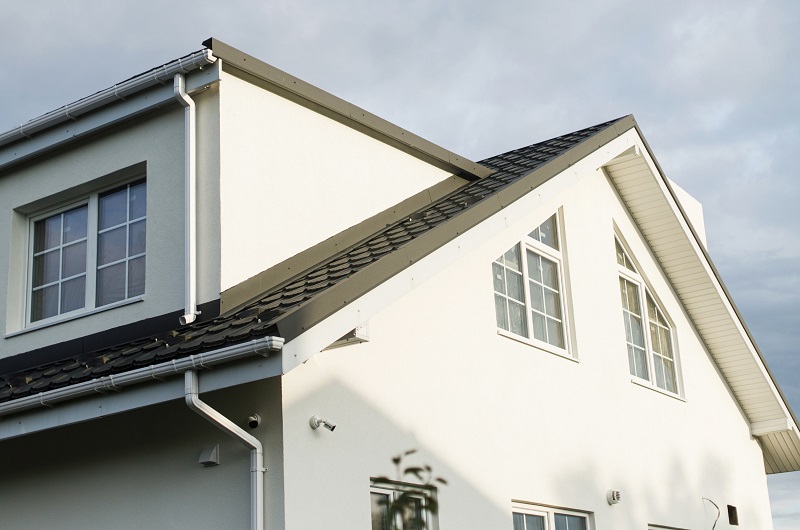
It’s imperative to understand the warranty terms outlined by both the manufacturer and the roofing contractor upfront. Some important questions to ask your roofing contractor include specifying what is covered under each warranty, the length of the warranties, and if any maintenance requirements or restrictions apply.
When considering types of roofing material and available manufacturer brands, be sure to compare the corresponding warranties. Some manufacturers are known to offer preferred warranty terms to their best roofing contractors who have proven track records using their products with quality workmanship.
Transferring or Claiming a Roof Warranty
Roof warranties are key points of consideration when buying or selling a home. When you’re buying a house, check if the existing roof warranty is transferable to the new homeowner. If you’re selling a house, highlighting a transferable roof warranty can add value to your property.
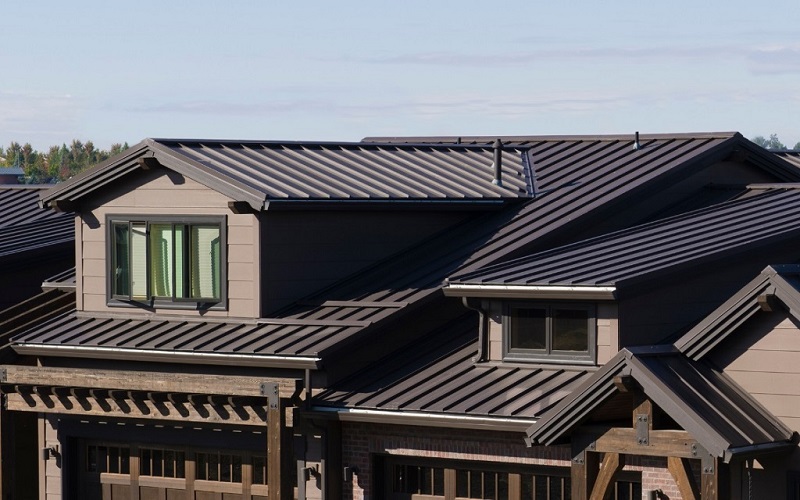
Understanding your current or future warranty is important for avoiding unexpected costs. If you are buying or selling a home, remember to speak with a roofing contractor and ask questions about the roof’s warranty, and if or when you can transfer or claim it.
Roof Warranties Recap
Your roof is an essential component of your home, and investing time and resources into understanding its warranty can save you money and headaches in the long run.
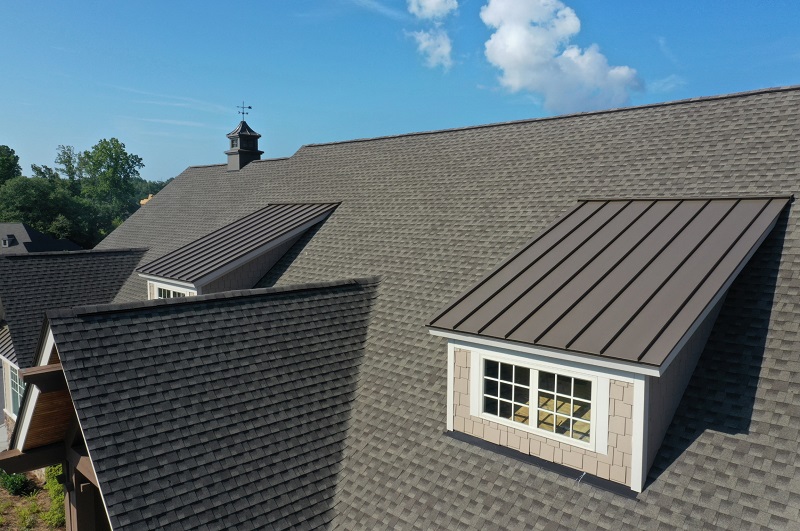
Now that you understand what a roof warranty can cover and how long it may last, you know what to look for to protect yourself against the likelihood of a defective roof.
Remember, finding a roofing contractor with a solid track record and good reputation is just as important as choosing the right warranty. However, a strong and fair roofing warranty is a strong indicator that a contractor does quality work and stands behind it.
More Recommended Protection & Safety Articles
- Homeowner Storm Statistics
- Building Technologies for Disaster Resistant Homes
- If You Own a Fireplace, You Need to Read This
- Firescaping: How to Protect Your Home with Fire Resistant Landscapes
- The Traits & Risks of Dangerous Trees: Is Your Property Safe?
- Related Topics: Construction | Protection | Maintenance
| Purgula is reader-supported. When you click on links to other sites from our website, we may earn affiliate commissions, at no cost to you. If you find our content to be helpful, this is an easy way for you to support our mission. Thanks! Learn more. |







